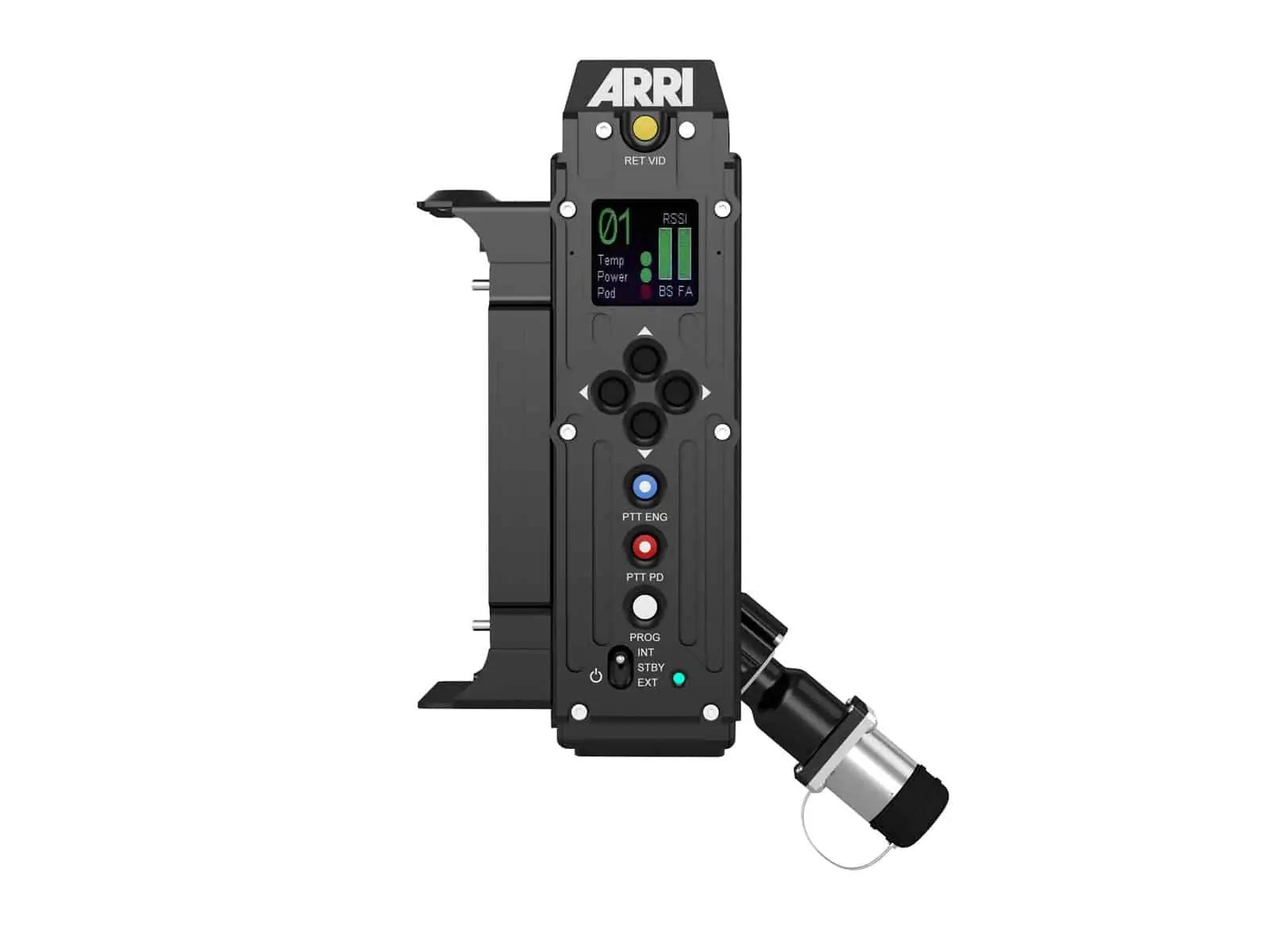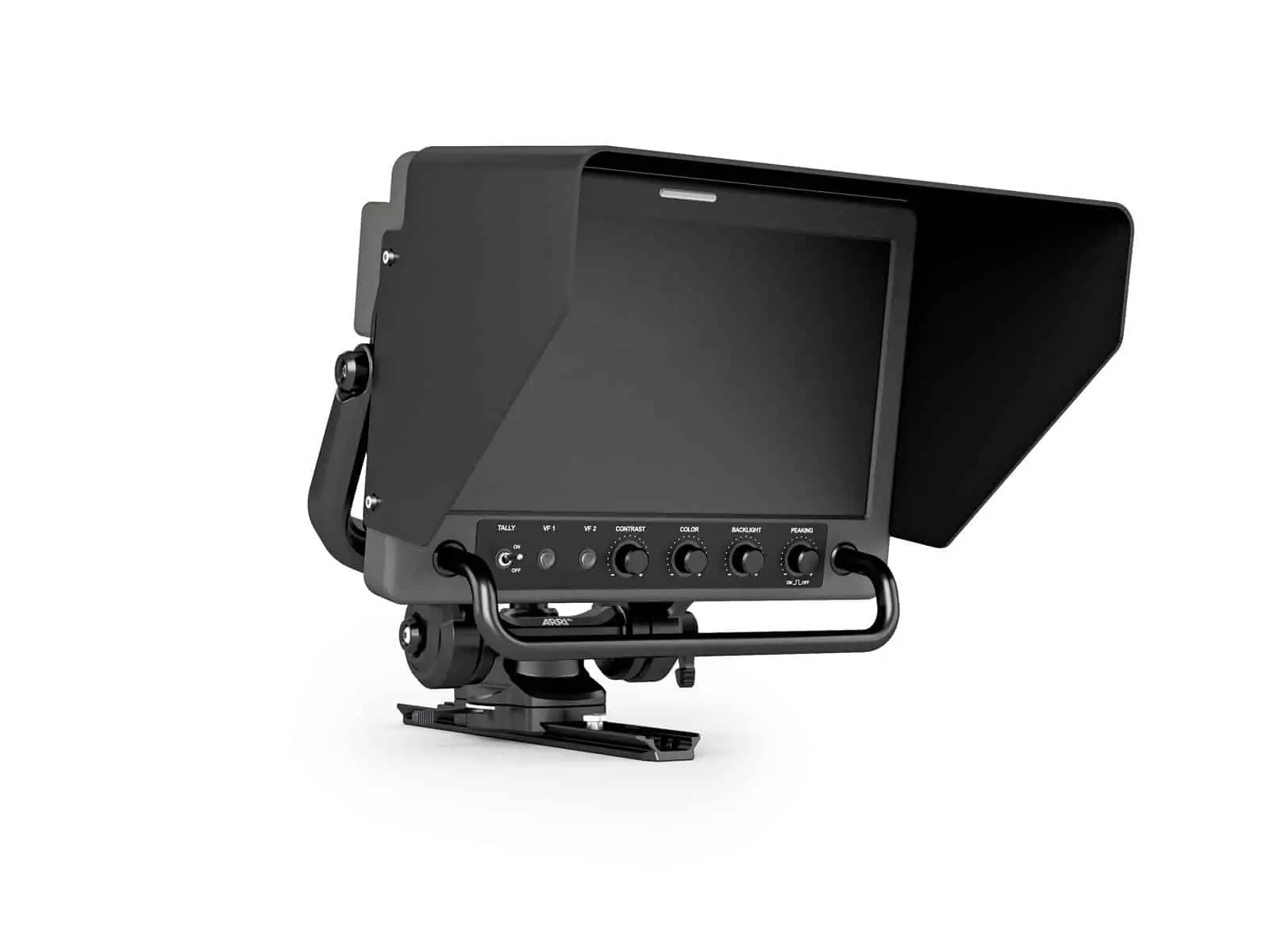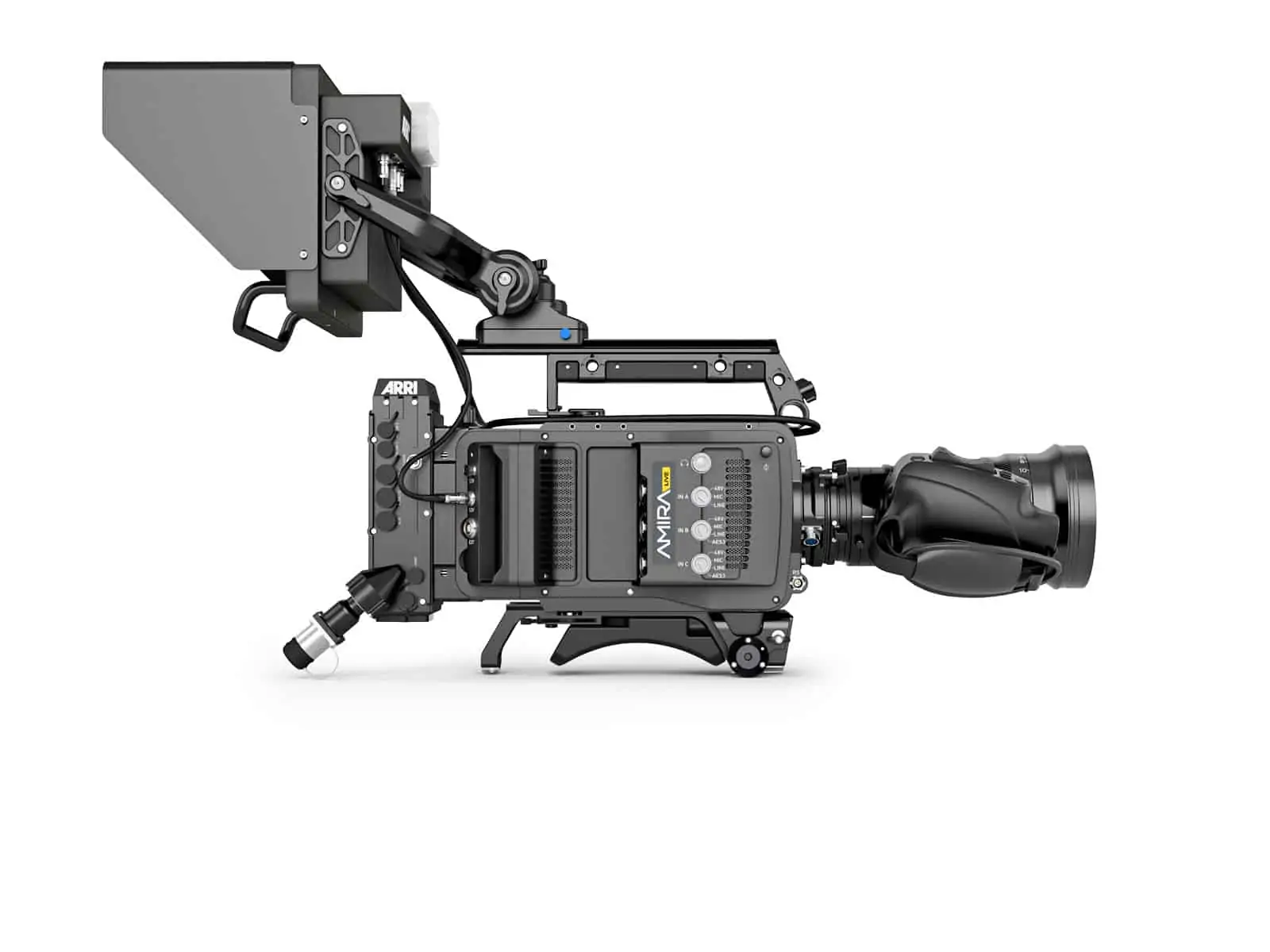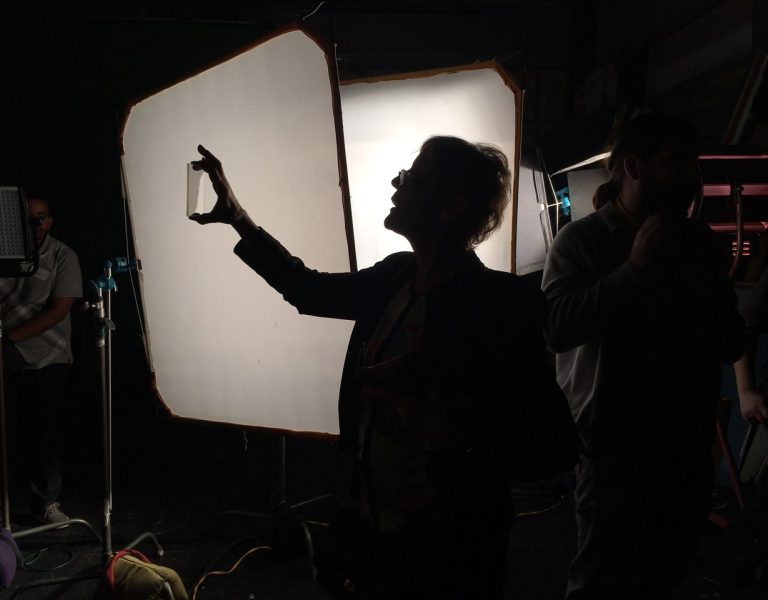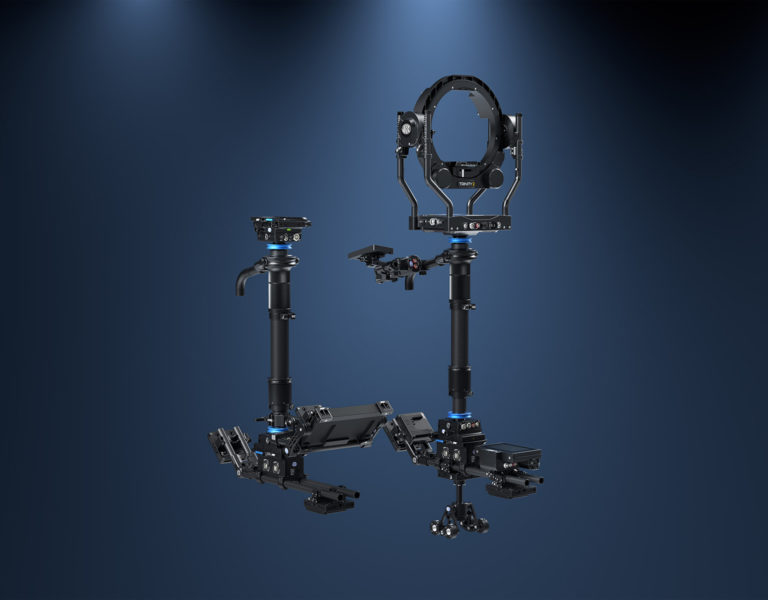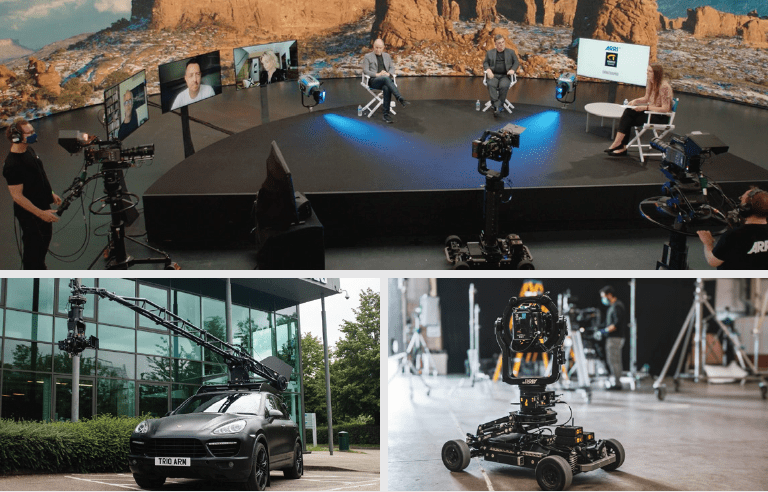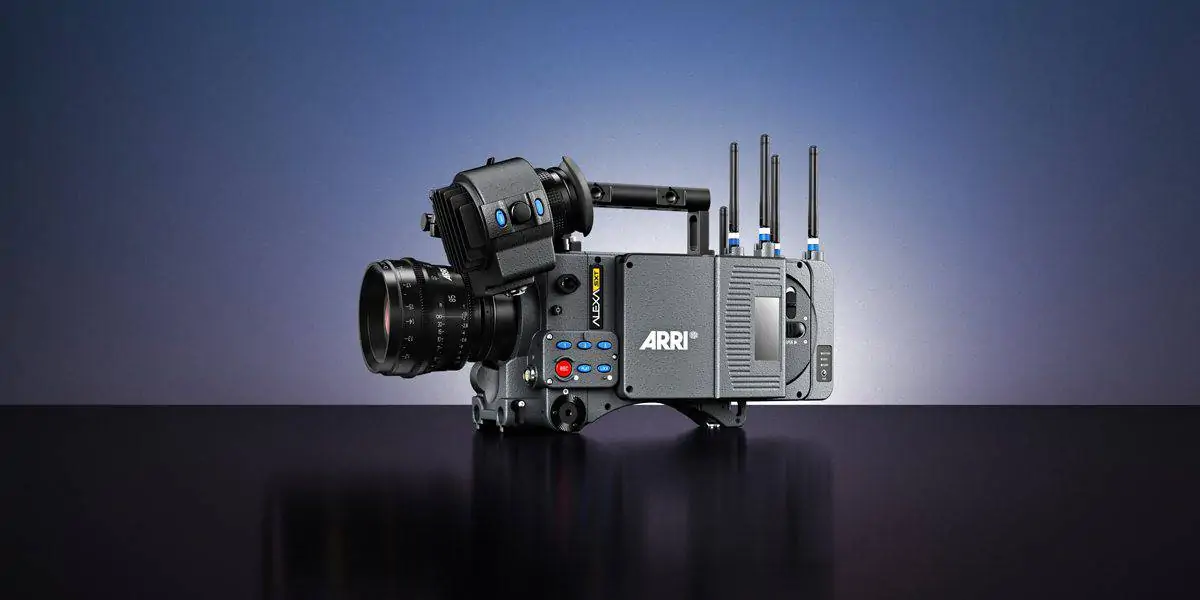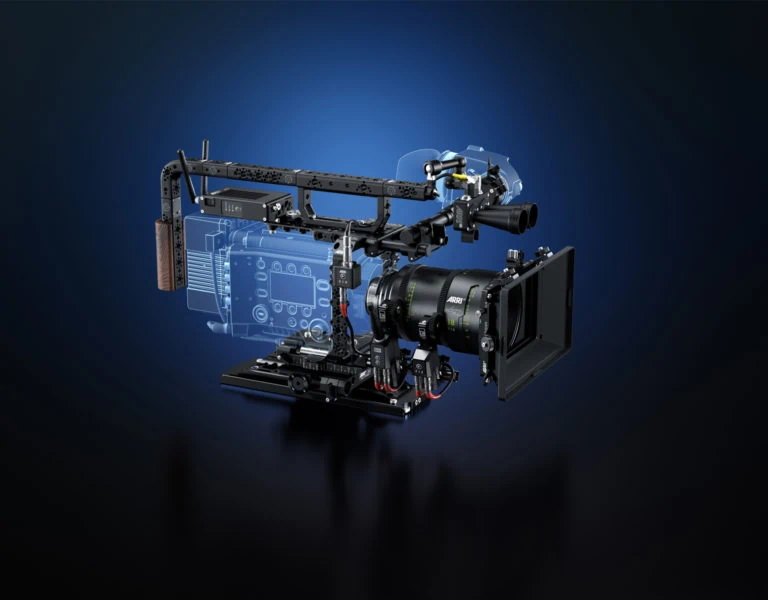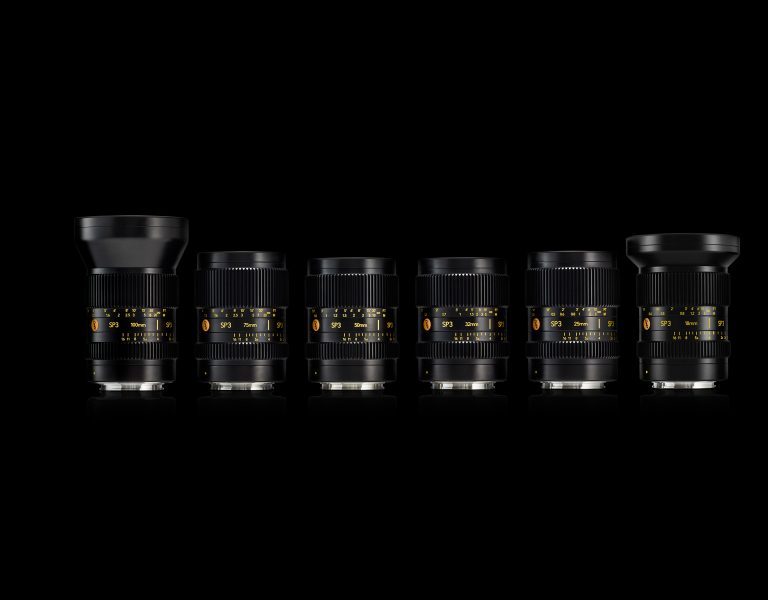ARRI unveils Amira Live for multi-camera applications
Mar 4, 2021
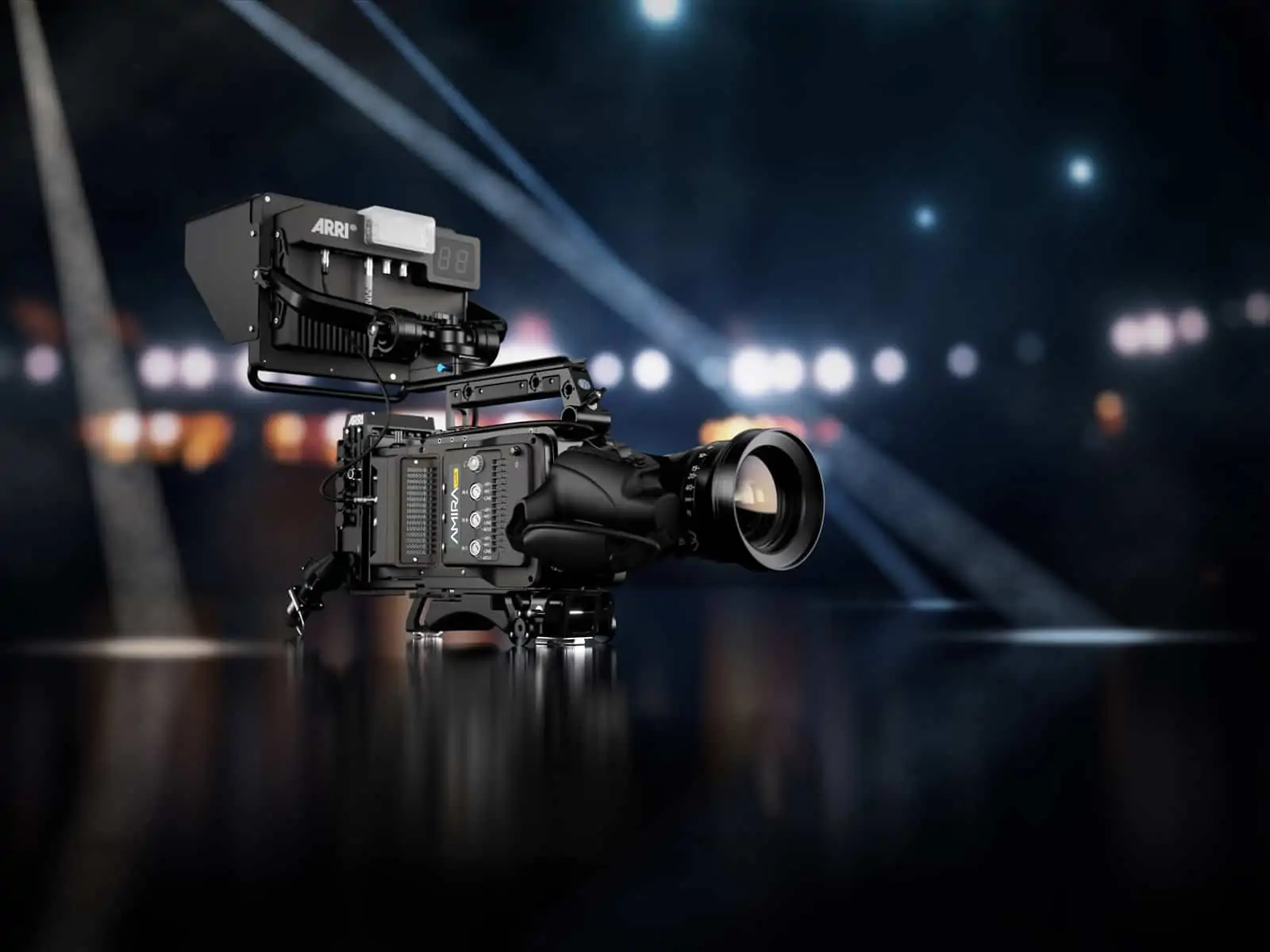
The new version of ARRI’s Amira camera – the Amira Live – is designed specifically for multi-camera live broadcasts. It eliminates external cabling between the camera body and the fiber adapter, resulting in a cleaner and more reliable configuration for live productions. Along with a new, feature-rich software update and the VMM-1 onboard monitor, AMIRA Live offers a unique combination of system camera efficiencies and cinematic images.
Like other Super 35 format cinema cameras adapted for multi-camera broadcasting, Amira previously required several external cables connecting the camera to the fiber backend for SMPTE 311M signal transmission. For live broadcasters, these cables add an unwanted additional risk of accidental disconnection or damage. Not only does the AMIRA Live remove these risks, but the cleaner camera configuration is also easier to work with for camera operators.
With its cable-less design, Amira Live has more in common with the system cameras typically used for multi-camera broadcasts. However, these cameras use a 2/3” sensor, whereas Amira Live uses ARRI’s ALEV III Super 35 sensor—the same sensor design as used in all Alexa cameras. The sensor and ARRI’s sophisticated colour science allow Amira Live users to broadcast live images on a par with high-end movies, TV series, and OTT productions.
Reflecting ARRI’s system approach and commitment to continually enhance feature sets, a new SUP 6.1 software update is being released concurrently with Amira Live. Among its many refinements are improved noise reduction, increased sharpness settings range, better defect pixel correction, and faster boot-up. The update adds a green tally display to the viewfinder image and allows intercom talkback via the VTR or user button, facilitating easier communications when operating the camera from the shoulder.
SUP 6.1 also now means that no additional device is needed when using cforce RF motors to control the iris with the RCP (Remote Control Panel). This increases creative flexibility, opening up new looks by allowing the use of prime and zoom lenses designed for cinema productions with the same ease and workflow as traditional system camera lenses.
The final component of the new Amira Live package is ARRI’s VMM-1 monitor. This versatile 10” onboard monitor connects directly to the camera viewfinder interface or can be daisy-chained with the Camera Control Panel CCP-1. It includes controls for contrast, colour, backlight, and peaking (including peaking on/off switch), a physical on/off switch for the frontside tally, and two camera user buttons. Accompanying the monitor is ARRI’s adjustable, quick-release Monitor Yoke Support MYS-1 bracket, designed specifically for the VMM-1 and for multi-camera setups.
The AMIRA Live is available to order now. Prototypes have already been used on professional broadcasts with the arena-filling German magicians the Ehrlich Brothers, a television talkshow, as well as David Guetta Productions.
The ARRI Multicam System
ARRI Multicam includes a simple-to-integrate SMPTE 311M fiber transmission system developed in partnership with specialist firm DTS. The combination of ARRI cameras and the fiber system delivers a cinematic look with the efficiency of a live transmission system. Customers can record in-camera for postproduction, finishing, or slow-motion effects, while simultaneously transmitting live HD or UHD signals to a broadcast facility, stage display, or social media channel using standard production environments like OB vans or studios.
ARRI Multicam cameras are controllable with industry-standard Sony RCPs (Remote Control Panels), allowing technicians to continue using the tools they are comfortable with. The system permits Sony RCP image parameter and iris control for ENG-style PL and B4 lenses incl. box lenses, EF lenses, and also cine-style lenses typically used on high-end cinema and TV productions. An even more flexible and advanced RCP operation is offered with the fully configurable Skaarhoj RCP V2, which supports access to all relevant camera parameters, including LUTs and setup files, through the ARRI Camera Protocol CAP. This represents state-of-the-art RCP operation, far beyond standard RCPs, but maintaining a traditional RCP workflow.
